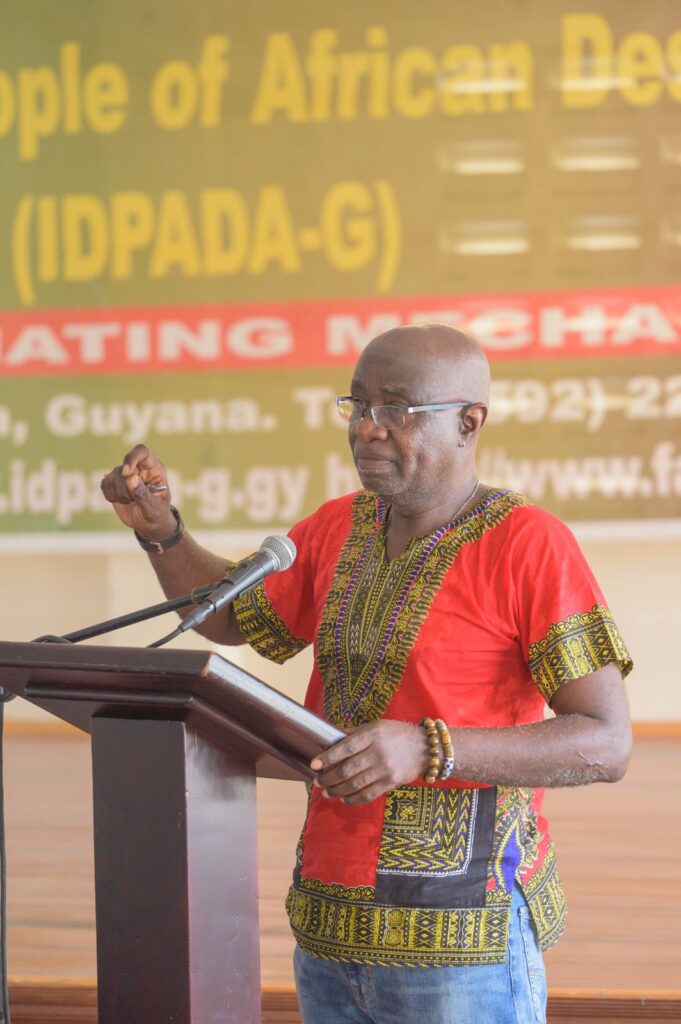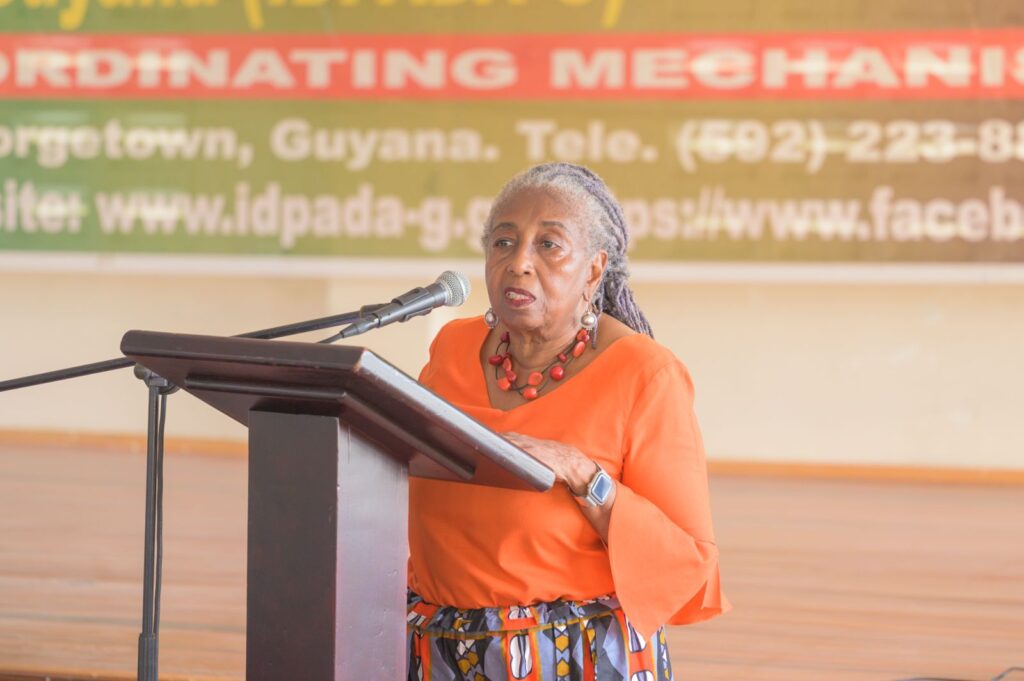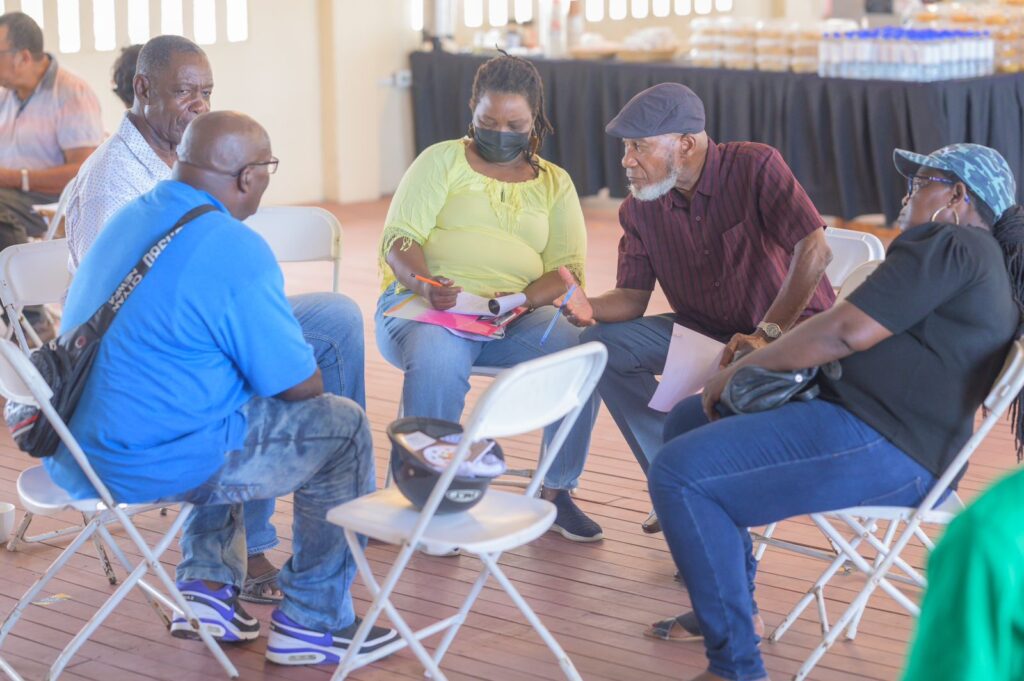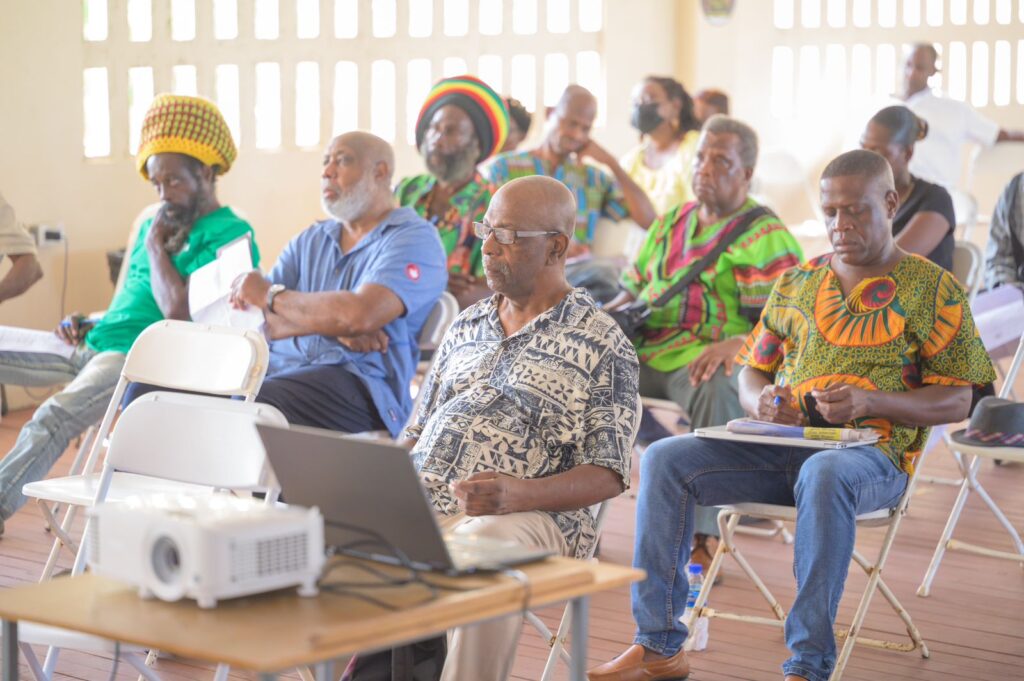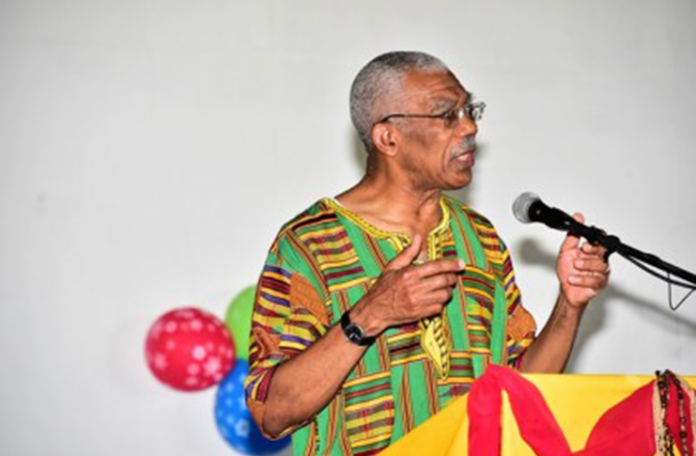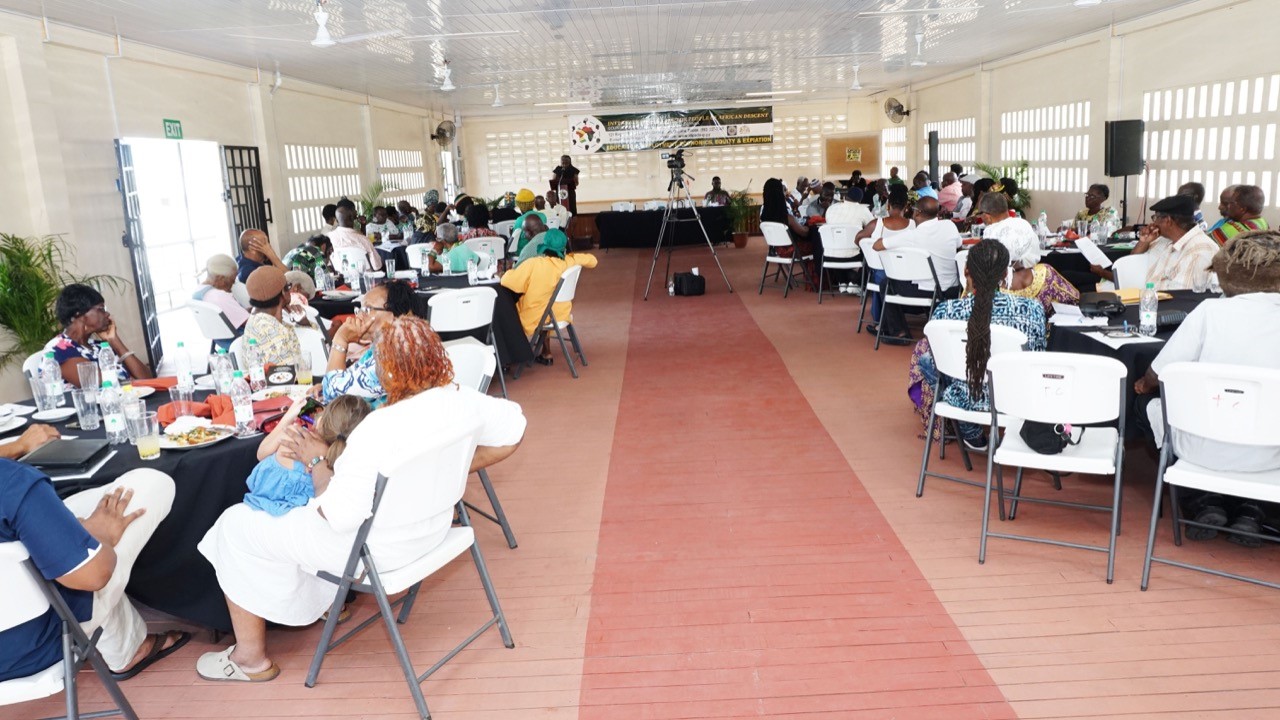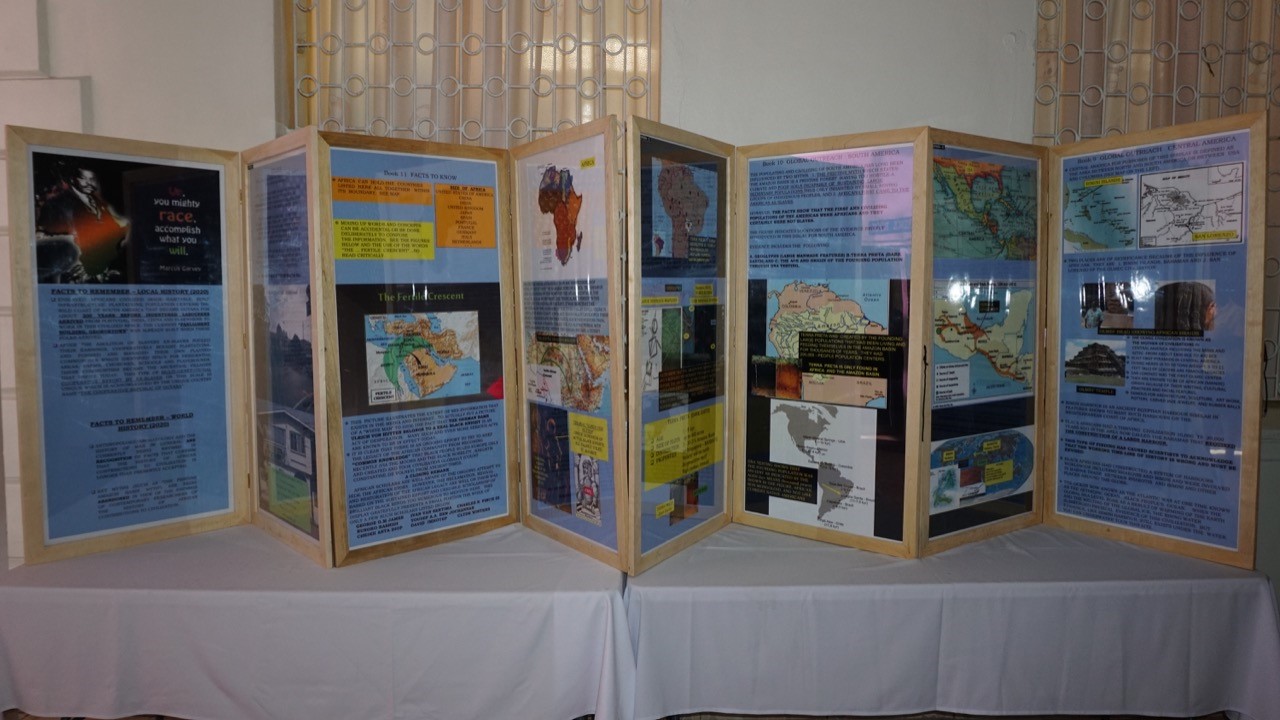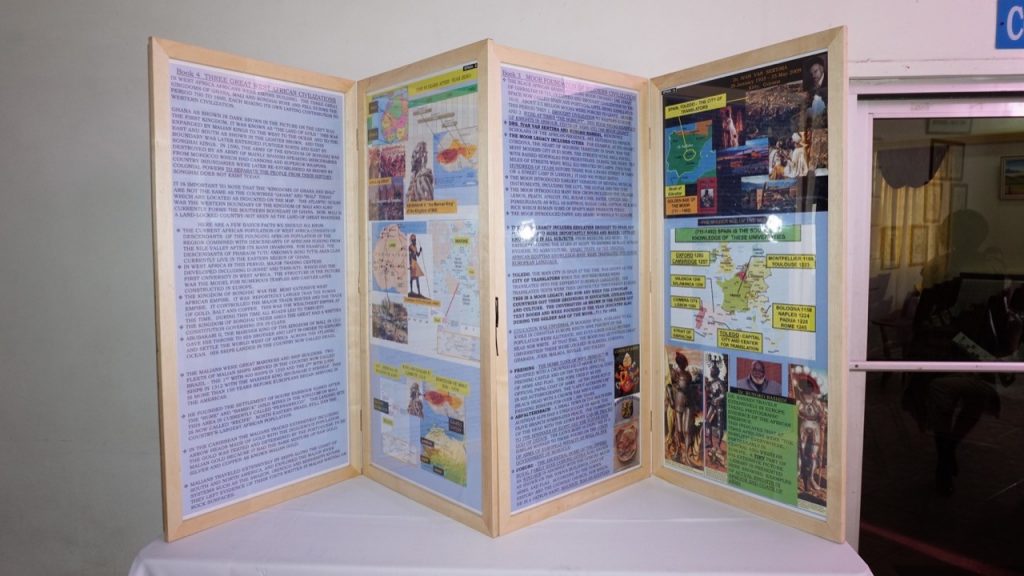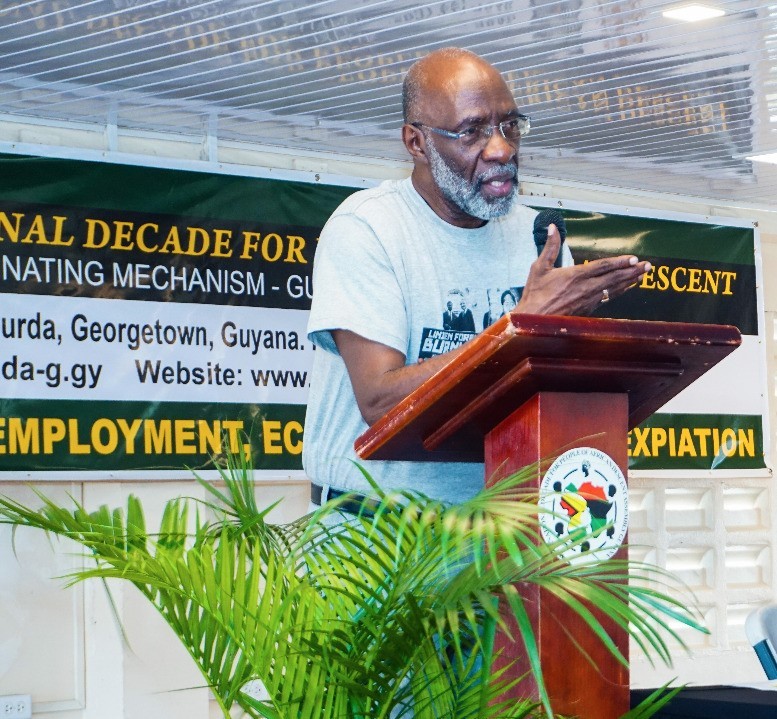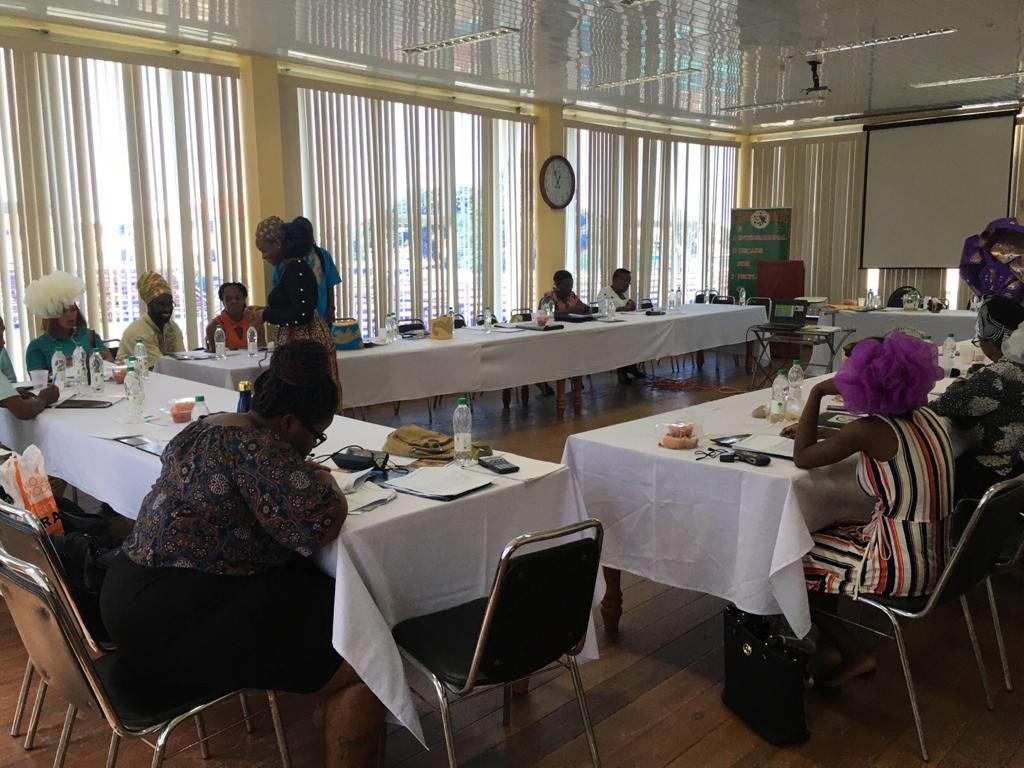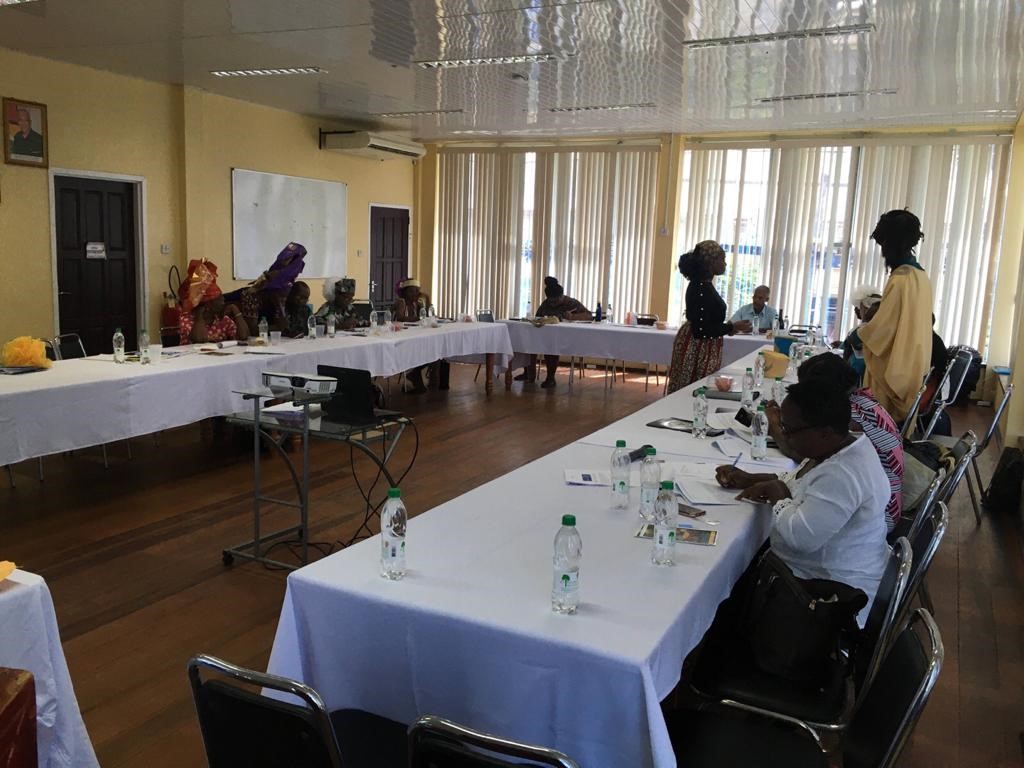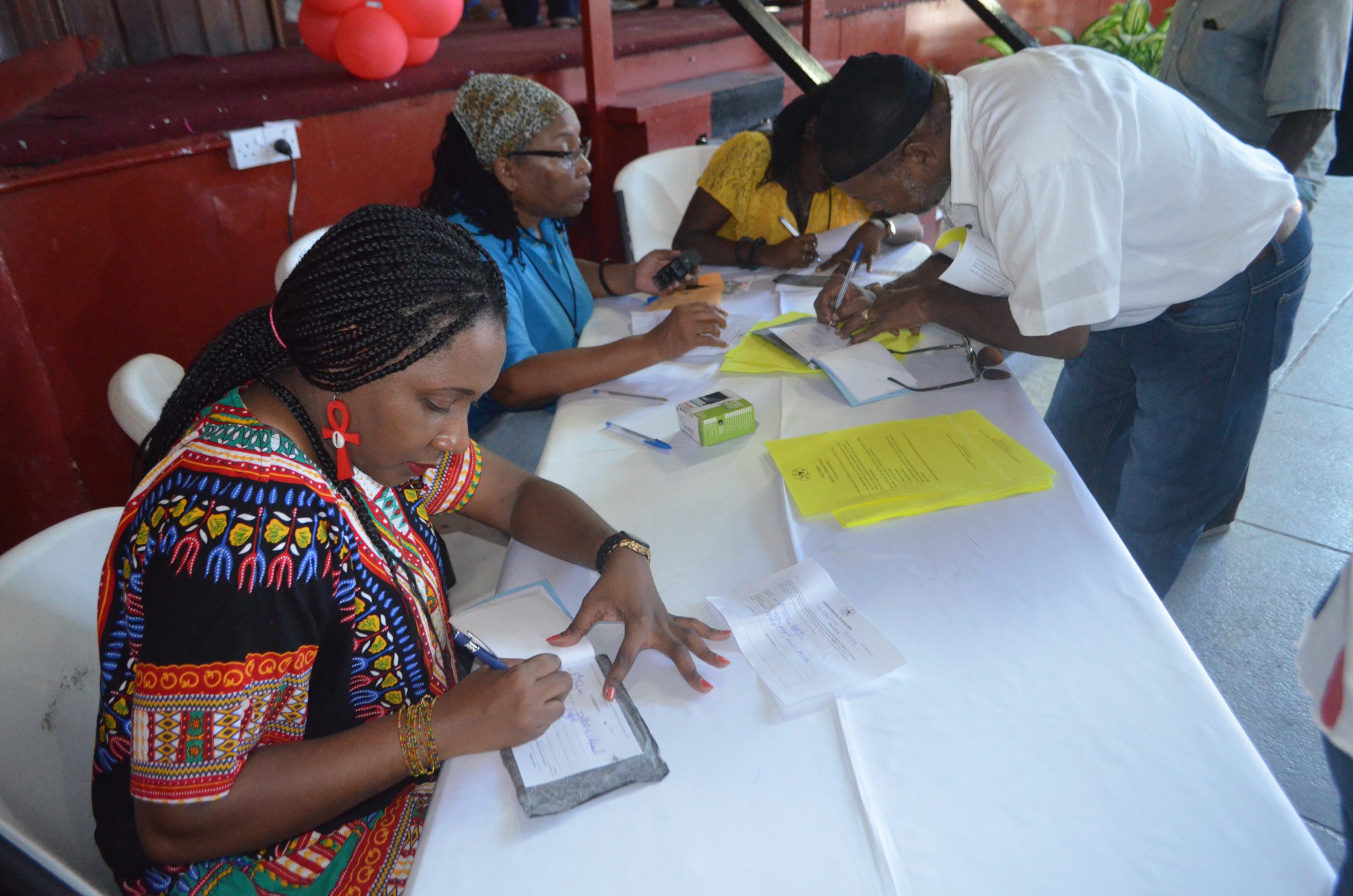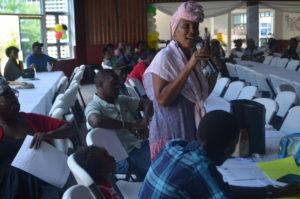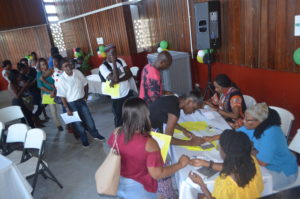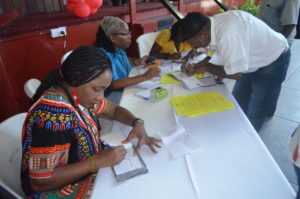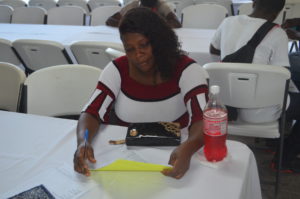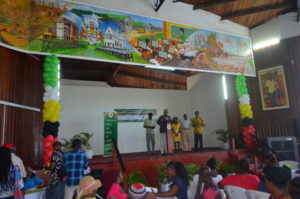…President urges IDPADA-G Co-operative Credit Union
…says body must adopt new model for economic enterprise
By Lisa Hamilton
President David Granger has challenged the Co-operative Credit Union of International Decade for People of African Descent Assembly – Guyana (IDPADA-G) to adopt a new model of operation which would enable it to becoming competitive with the formal financial sector.
At the First General Members Meeting of the IDPADA-G Co-operative Credit Union held via zoom on Tuesday, as keynote speaker, the Guyanese leader proposed a four-stage model for the transformation of the Credit Union into an engine of enterprise development.
The Co-operative Credit Union was registered on February 7, 2020 as a means to provide alternative options to African Guyanese which IDPADA-G believes have been affected by credit and financial support services skewed against them.
In his remarks, President Granger established that the United Nations (UN), in declaring 2015-2024 as IDPAD, openly recognized that Africans were the victims of the greatest crimes against humanity and have not yet overcome the legacy of colonial oppression and underdevelopment. It was in 2016, at the Cuffy 250 forum, that the President recommended a five-point plan for the Decade in Guyana which included African economic empowerment, one of the inspirations of IDPADA-G to launch the Credit Union.
However, the Head of State said that the old model of economic empowerment through Co-operative Credit banks and unions have served its purpose and the future demands a new model which drives enterprise development.
QUEST FOR ECONOMIC EMANCIPATION
Explaining further the perspective, President Granger said that the history of co-operative credit banks in Guyana — which existed over a century ago — emerged to meet the loan needs of African subsistent farmers and African basic household and emergency needs. He said that it was a “quest for economic emancipation” for a better life away from the oppressive plantation system and led to the Great Village Movement.
However, he said the early proprietors of African villages faced “formidable obstacles” in their pursuit of economic empowerment suffering, as a result, from economic exhaustion and lack of financial capital.
They then entered into collective ventures pooling their resources to purchase abandoned plantations for the establishments of homes, farms and churches with properties being allocated by shares or, in the cases of proprietary villages, there were arrangements for each person to own their own property.
“Africans left a proud tradition of frugality and thrift. Their capacity and propensity to save allowed them to overcome the lack of access to capital. Some retained the ancestral tradition of raising funds through informal schemes such as ‘box-hand’ in an effort to circumvent the difficulties in sourcing funds from formal banking institutions,” the President said.
When this proved insufficient to support economic activities, they turned to co-operative credit banks establishing them in several villages. Regrettably, the fortune of these banks were tied to the economic fortunes of their members who the President reminded were “principally, poor, peasant farmers”. It led to the collapse of the co-operative credit bank by 1912 but a revival in 1914 allowing for government loans and greater regulation.
Even so, President Granger said that though the co-operative credit banks saved small farmers from “loan sharks and assorted money-lenders”, it never became a major driver of economic enterprise. It was unsuited for modern competitive industrial and manufacturing business development. Cooperative credit unions were the successors of the cooperative credit banks but he said that only 30 such institutions existed as of October 2019 with a little over 24,000 members with estimated assets of US$28.9M.
A NEW MODEL NEEDED
The Head of Sate put forward that modern-day African economic empowerment in Guyana demands a ‘new model’ of cooperative credit unions. He said that this model must move beyond catering only for elementary stage of development —- the provision of personal and subsistence loans — to an engine of enterprise development.
He outlined these four stages as moving from the traditional or subsistent stage to the commercial or retail stage to the industrial or manufacturing stage and then the internationally competitive stage. “The ambition of new model should be to provide financial services from the level of the small farmer and household, right up to the level of industry. Financing is needed at the levels of micro-, small- and medium-scale enterprises, particularly in the agriculture and agro-processing sector,” the President advised.
“The ‘new model’ which I propose, envisages cooperative credits union as financial institutions with increasing assets, reserves, savings and shareholdings. The model is one which would see shareholding and savings widened and with a more diversified lending portfolio. All of this would necessitate legislative and regulatory changes. The ‘new model’ is necessary for economic empowerment. Its development is propitious for the remaining years of the International Decade of People of African Descent.”
He also pointed to a number of government initiatives such as the $50M agro-processing plant at Parika; the Regional Agricultural and Commercial Exhibitions (RACE); the Rural Entrepreneurial Agricultural Project (REAP) which can be sources for investment, sources through which many Guyanese are forming their own businesses.
He urged the IDPADA-G Co-operative Credit Union to carefully consider the adoption of the new model for it would give the Union the potential to compete with the formal financial sector. However, as it embarks on its new journey, the President said that he looks forward to joining the Credit Union.
During the First Meeting, remarks also came from Chairman of the Coordinating Council of IDPADA-G, Vincent Alexander who thanked those who played key roles in the formation of the Credit Union. He said that the Credit Union will work towards setting an example for good governance.
“The fact that we’re having this meeting signals our intention, here on, to ensure that the manner of conduct of our business is in keeping with the requirements and reflects best practices. IDPADA-G and all of its arms are intended to be an example to the community so that all other organisations can walk in our footsteps as we seek to achieve the goals of the decade,” Alexander stated. Chair of the IDPADA-G Co-operative Credit Union Steering Committee, Shamane Headley said that close to 1,000 persons that have already purchased shares in the Union.
Source: Guyana Chronicle | Lisa Hamiton
